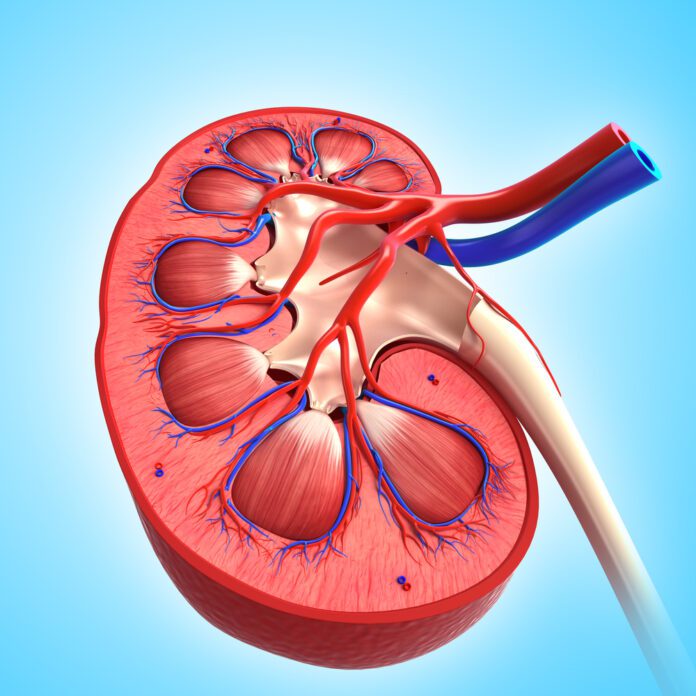Overview Of IgA Nephropathy
IgA nephropathy is a kidney disorder in which antibodies called IgA build up in kidney tissue. Nephropathy is damage, disease, or other problems with the kidney.
IgA nephropathy is also called Berger disease.
Commonly Associated With
Nephropathy – IgA; Berger disease
Causes Of IgA Nephropathy
IgA is a protein, called an antibody, that helps the body fight infections. This disorder occurs when too much of this protein is deposited in the kidneys. IgA builds up inside the small blood vessels of the kidney. Structures in the kidney called glomeruli become inflamed and damaged.
The disorder can appear suddenly (acute), or get worse slowly over many years (chronic glomerulonephritis).
Risk factors include:
- A personal or family history of IgA nephropathy or Henoch-Schönlein purpura, a form of vasculitis that affects many parts of the body
- White or Asian ethnicity
- This disorder can occur in people of all ages, but it most often affects males in their teens to late 30s.
Symptoms Of IgA Nephropathy
There may be no symptoms for many years.
When there are symptoms, they may include:
- Bloody urine that starts during or soon after a respiratory infection
- Repeated episodes of dark or bloody urine
- Swelling of the hands and feet
- Symptoms of chronic kidney disease
Exams & Tests
IgA nephropathy is most often discovered when a person with no other symptoms of kidney problems has one or more episodes of dark or bloody urine.
There are no specific changes seen during a physical examination. Sometimes, the blood pressure may be high or there may be swelling of the body.
Tests include:
- Blood urea nitrogen (BUN) test to measure kidney function
- Creatinine blood test to measure kidney function
- Kidney biopsy to confirm the diagnosis
- Urinalysis
- Urine immunoelectrophoresis
Treatment Of IgA Nephropathy
The goal of treatment is to relieve symptoms and prevent or delay chronic renal failure.
The treatment may include:
- Angiotensin-converting enzyme (ACE) inhibitors and angiotensin receptor blockers (ARBs) to control high blood pressure and swelling (edema)
- Corticosteroids, other drugs that suppress the immune system
- Fish oil
- Medicines to lower cholesterol
- Salt and fluids may be restricted to control swelling. A low-to-moderate protein diet may be recommended in some cases.
- Eventually, many people must be treated for chronic kidney disease and may need dialysis.



